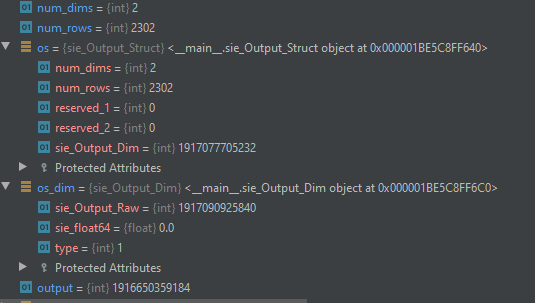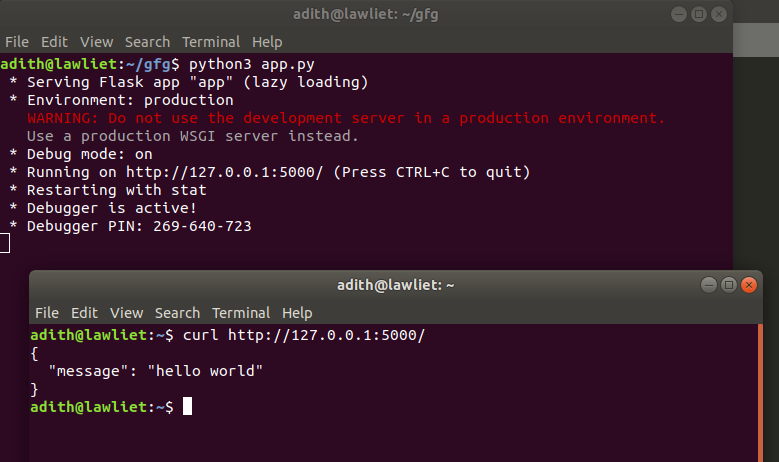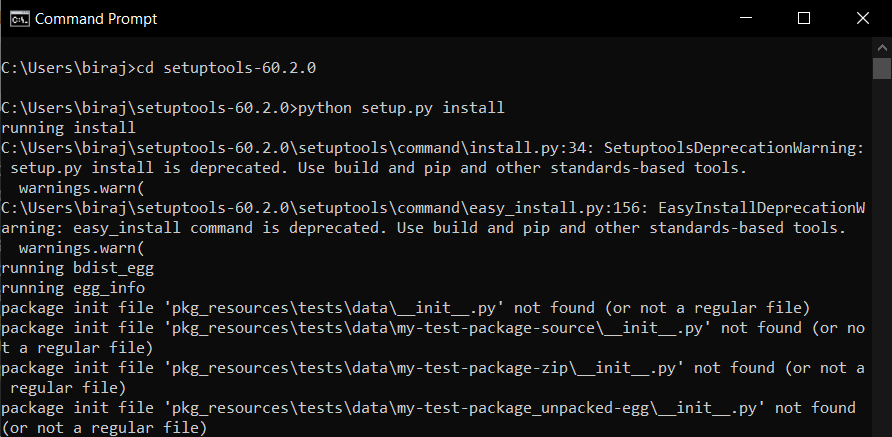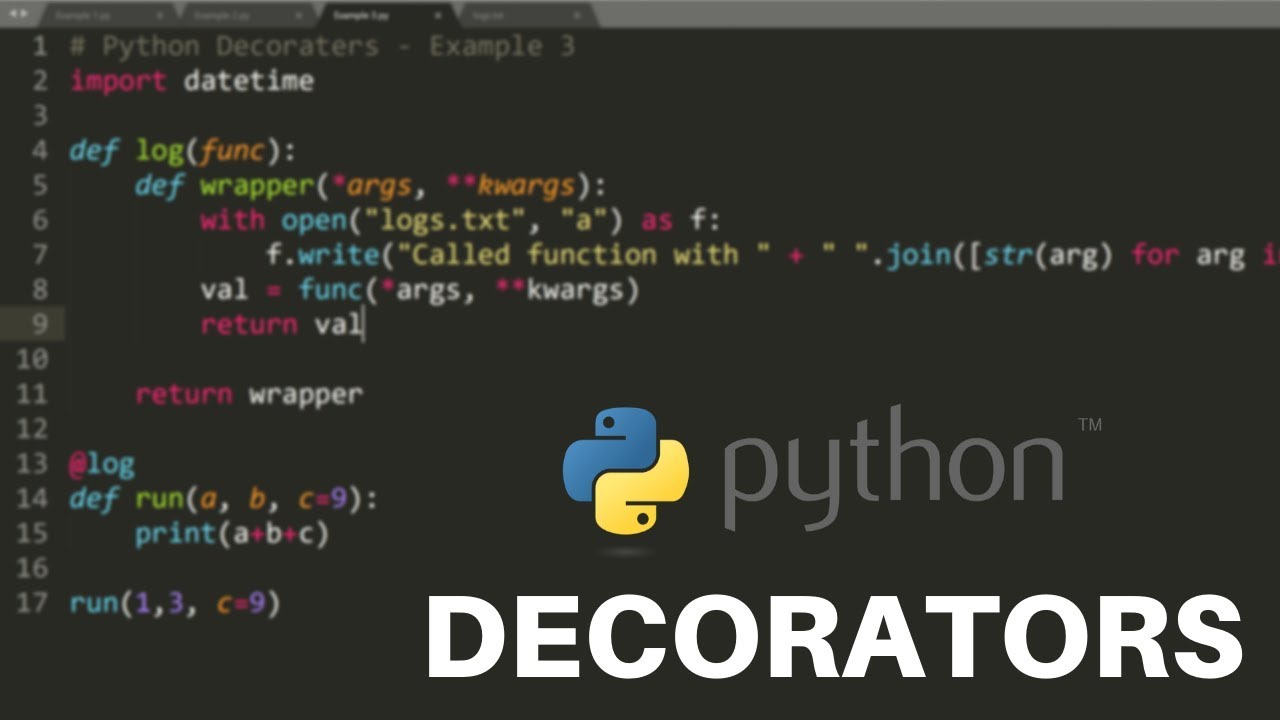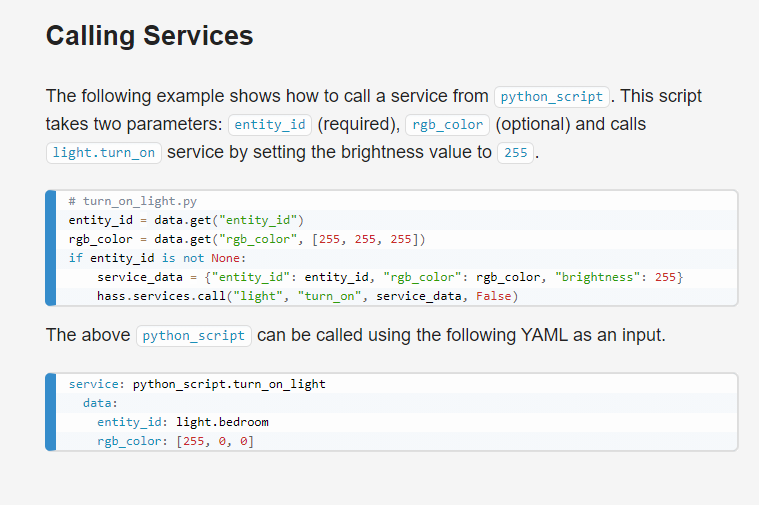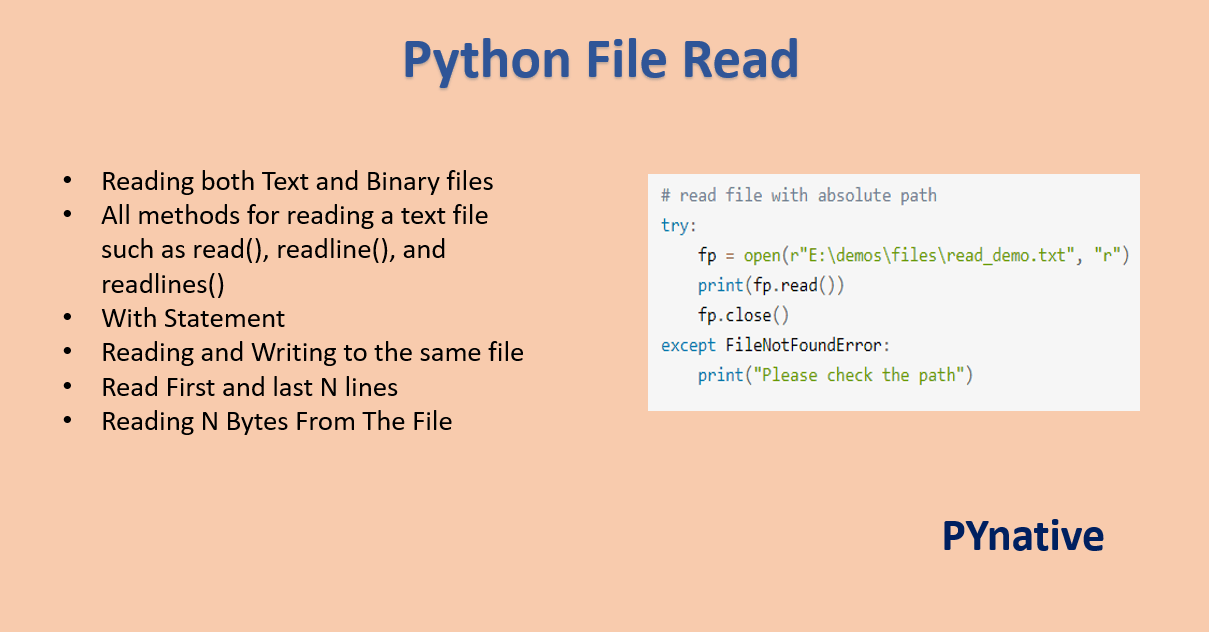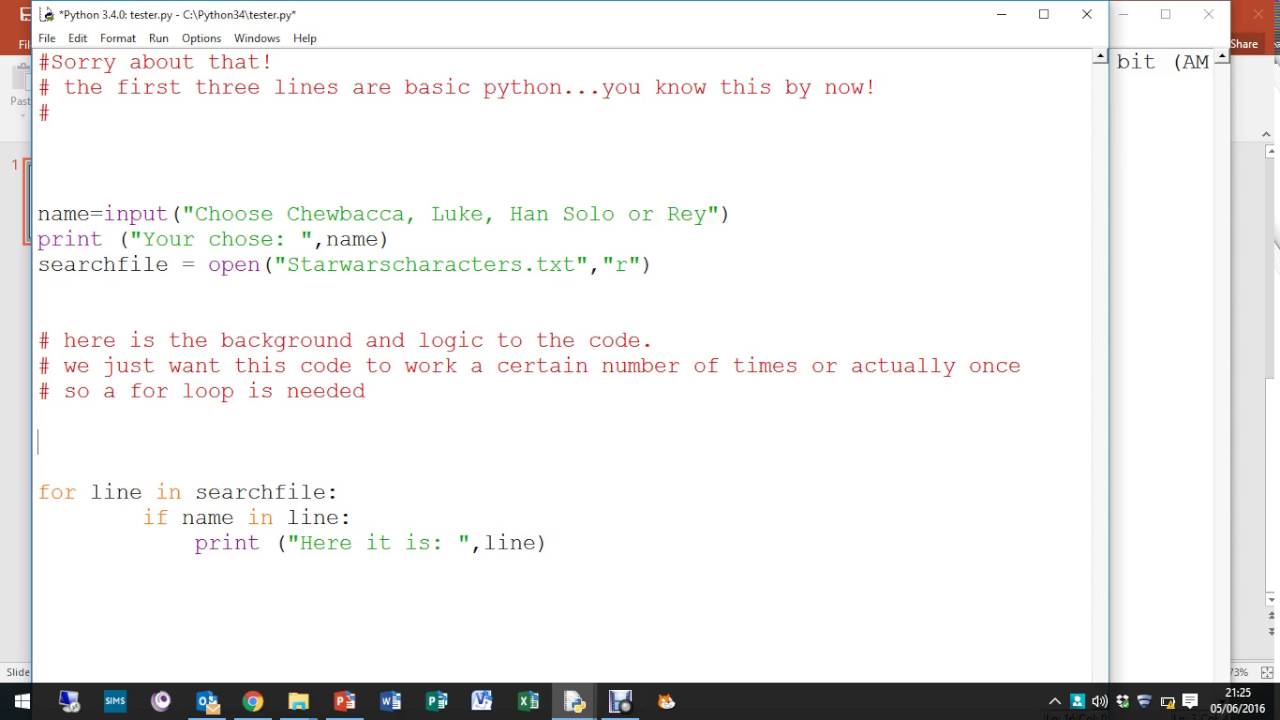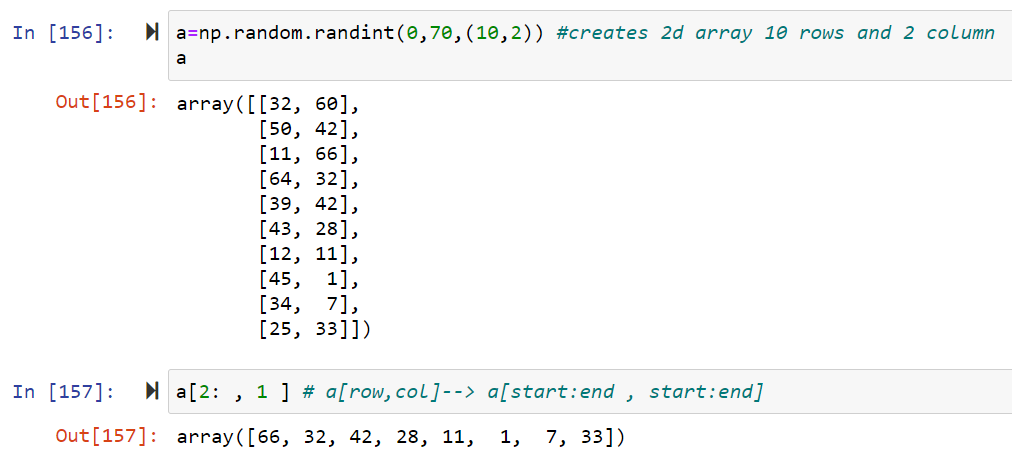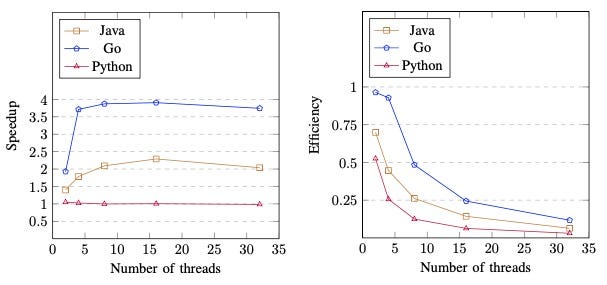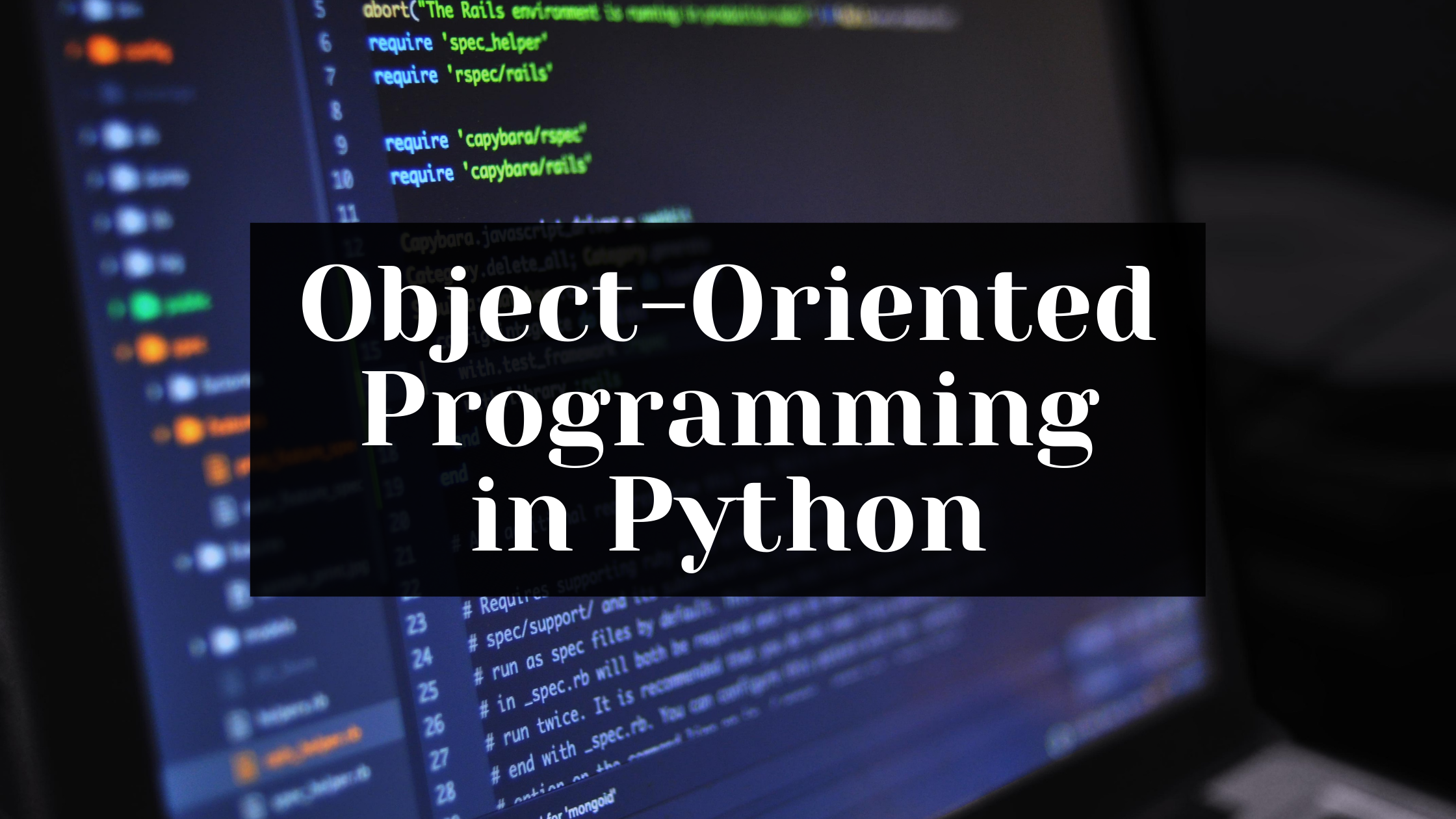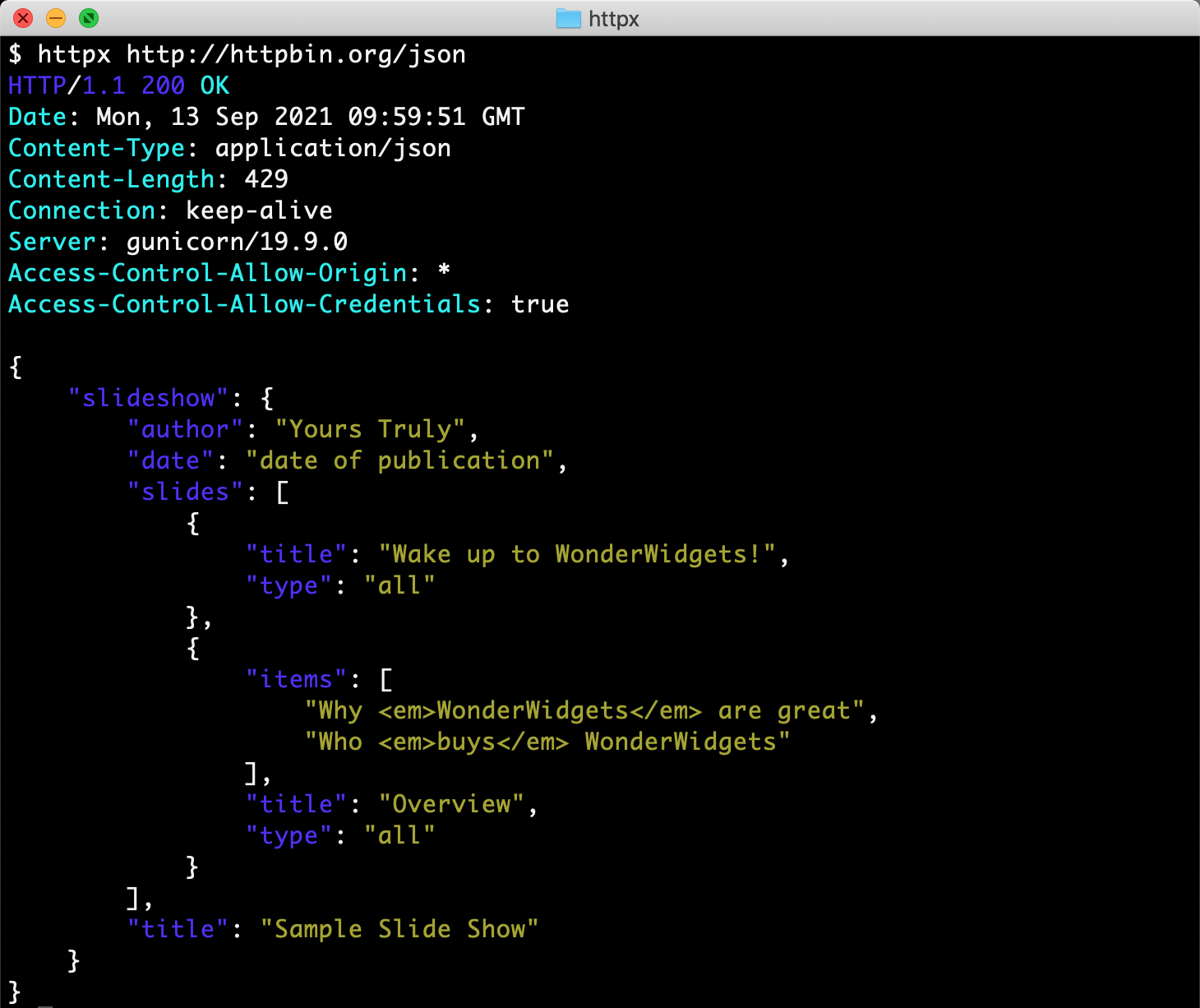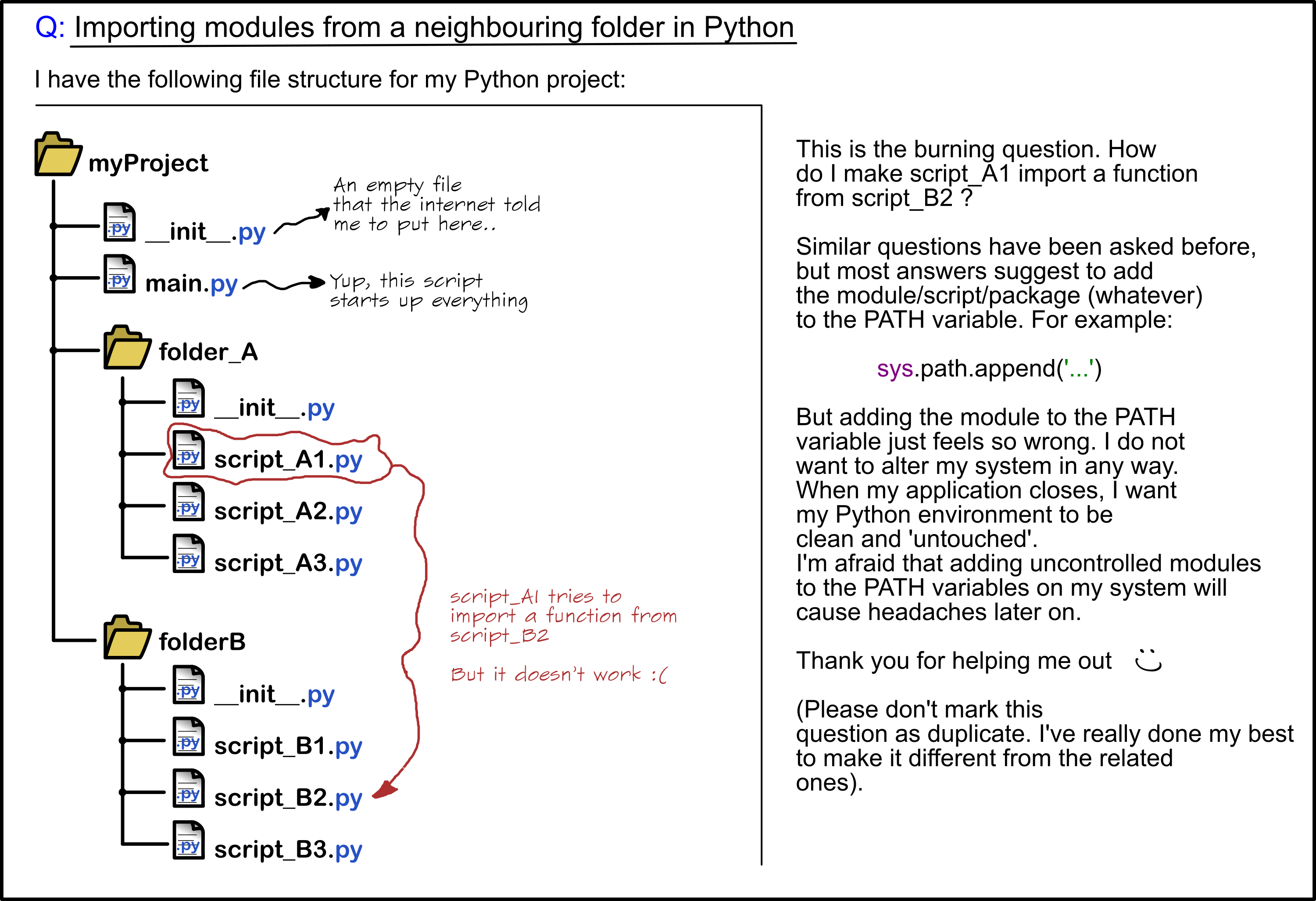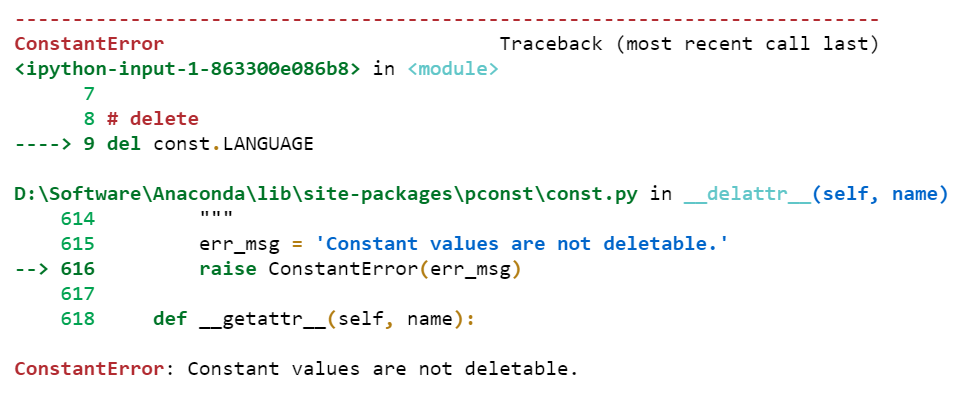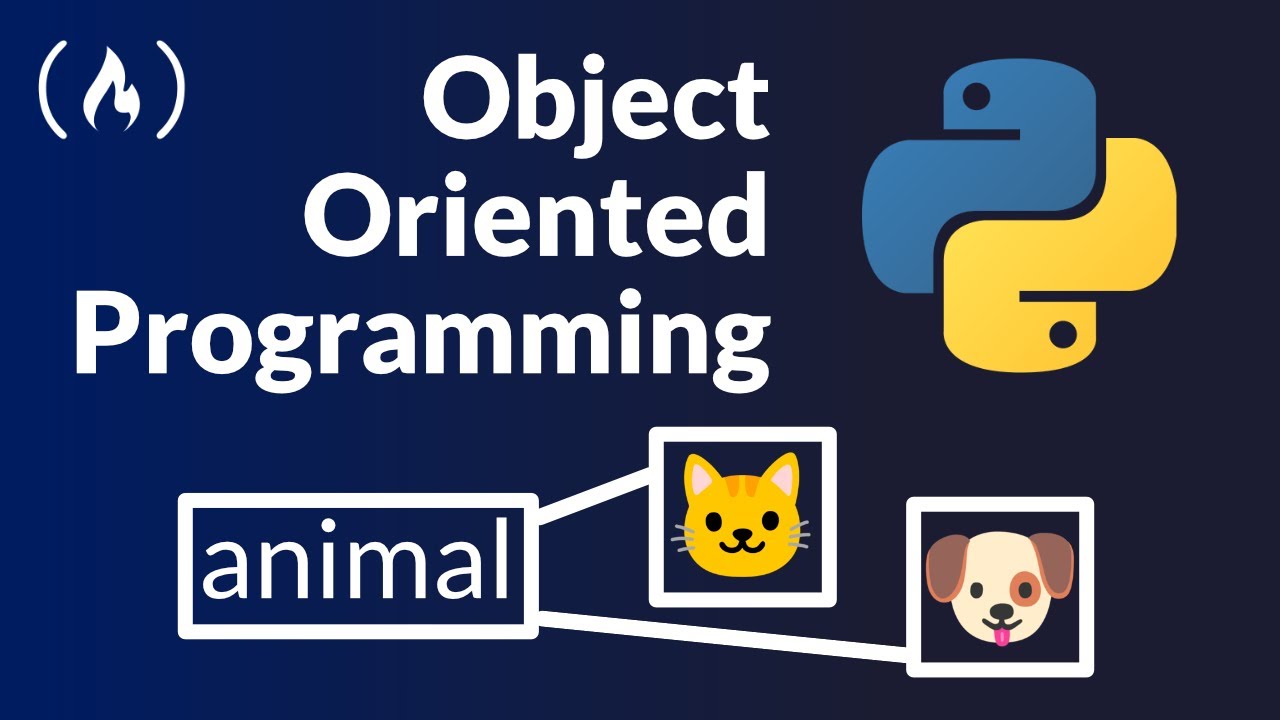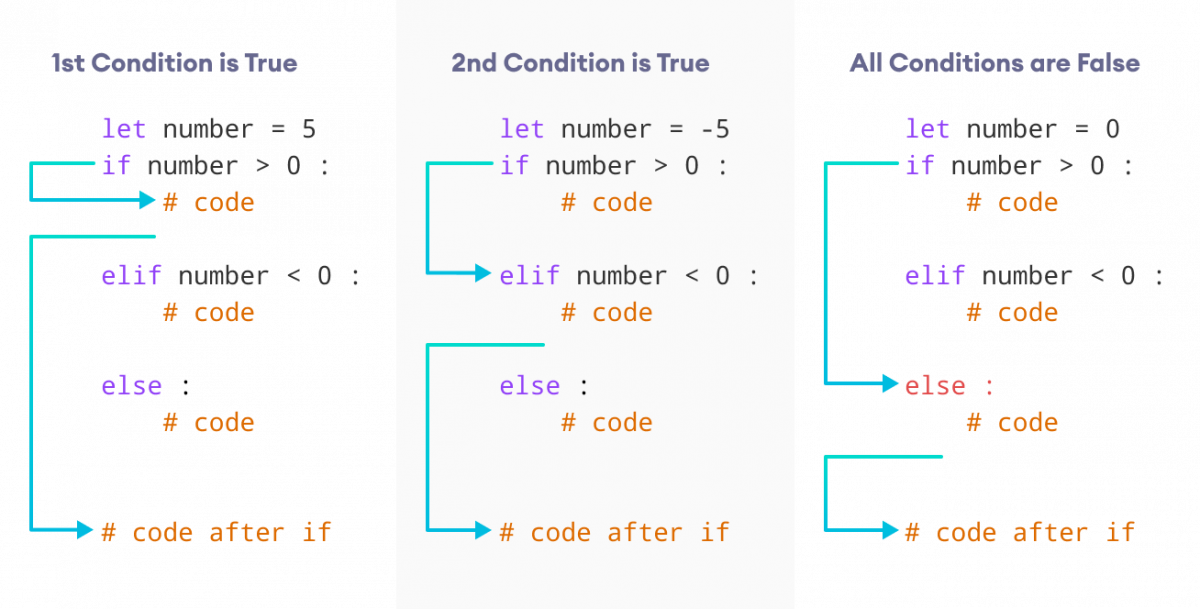String in Python example
String in Python example
Here's a string manipulation example in Python:
# Define a stringmy_string = "Hello World!"
Print the original stringprint("Original String: ", my_string)
Convert the string to uppercaseupper_case = my_string.upper()
print("nUppercase:", upper_case)
Convert the string to lowercaselower_case = my_string.lower()
print("nLowercase:", lower_case)
Replace a substringmy_string = my_string.replace("World", "Universe")
print("nUpdated String: ", my_string)
Slice the stringslice_1 = my_string[:5]
slice_2 = my_string[6:]
print("nSliced Strings:n First slice: ", slice_1, "n Second slice: ", slice_2)
Split the string into multiple strings based on spacessplit_string = my_string.split()
print("nSplit String:n ", split_string)
Join multiple strings into one string based on a specific separatorjoin_string = " ".join(split_string)
print("nJoined String: ", join_string)
Count the occurrences of a substring in the original stringcount = my_string.count("World")
print("nCount of 'World': ", count)
Find the index of a substring in the original stringindex = my_string.index("World")
print("nIndex of 'World': ", index)
This example demonstrates various operations that can be performed on strings, including:
Converting to uppercase and lowercase Replacing a substring with another Slicing the string Splitting the string based on spaces or other separators Joining multiple strings into one string using a specific separatorThese are all basic string manipulation operations that you might use in Python programming.
Python string methods documentation
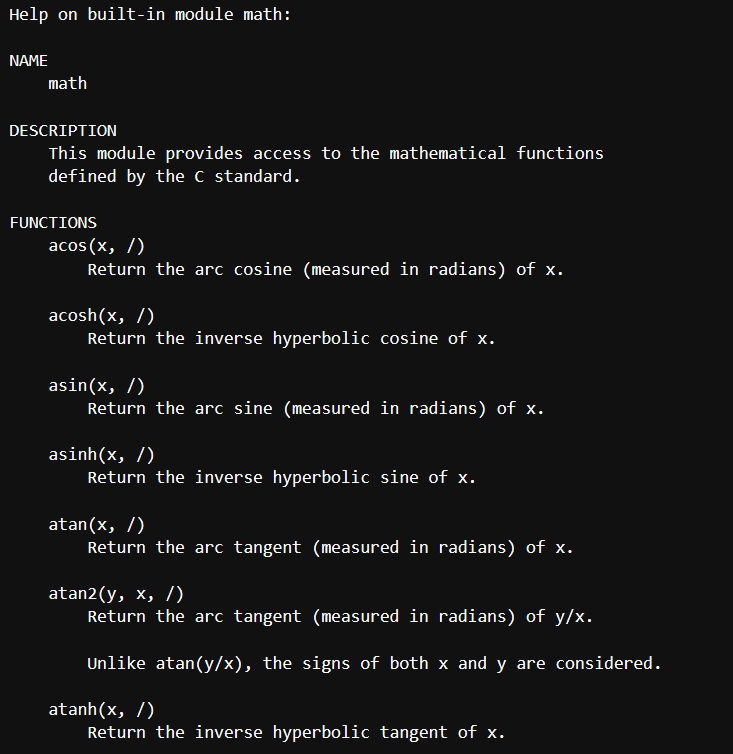
The wonderful world of Python strings!
Python's str class provides an impressive arsenal of methods to manipulate and transform your strings. Here's a comprehensive guide to get you started:
1. Conversion Methods
These methods allow you to convert your strings between different formats:
.lower(): Converts the entire string to lowercase.
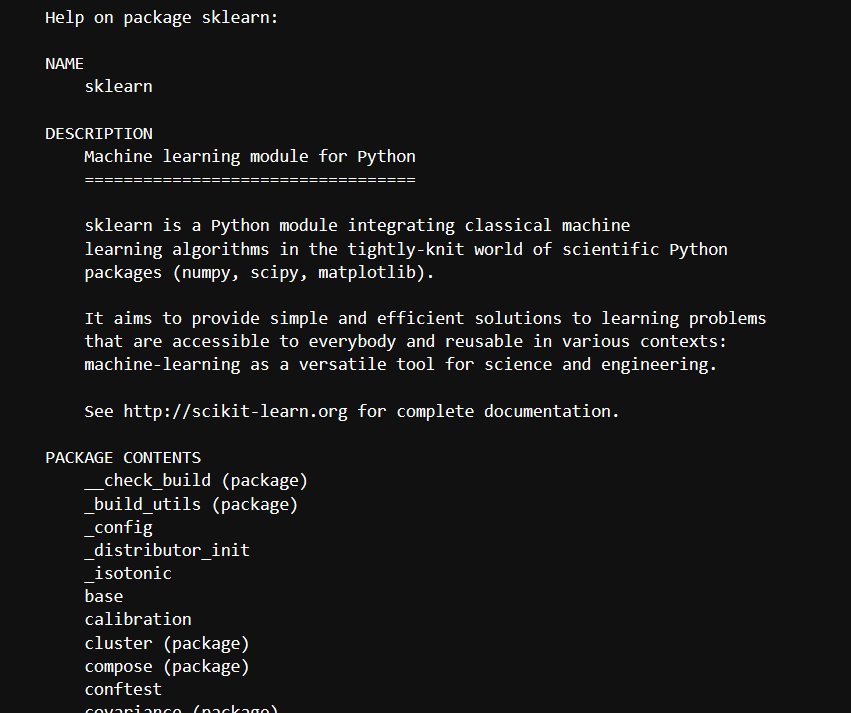
.upper(): Converts the entire string to uppercase. .title(): Converts the first character of each word to uppercase and makes all other characters lowercase. .swapcase(): Swaps the case of the entire string.
2. Formatting Methods
These methods help you format your strings:
.format() (Python 3.x only): Allows you to insert variables into a string template using placeholder values ({}) or named placeholders ({} -> 'name'). f-strings (Python 3.6+): Uses an f prefix followed by double quotes """, and supports variable insertion using {} or -> name. .zfill(n): Pads the string with leading zeros until it reaches a specified width n.
3. Search and Replace Methods
These methods help you find specific patterns in your strings:
.find(pattern): Returns the index of the first occurrence of a pattern (-1 if not found). .rfind(pattern): Returns the index of the last occurrence of a pattern (-1 if not found). .index(pattern): Raises a ValueError if the pattern is not found. .count(pattern): Returns the number of occurrences of a pattern.
4. Manipulation Methods
These methods let you modify your strings in various ways:
.strip(chars): Removes leading and trailing characters from the string (default: whitespace). .lstrip(chars), .rstrip(chars): Similar to strip(), but only removes characters from the beginning or end, respectively. .split(sep), .rsplit(sep): Splits a string into substrings using a separator (or whitespace by default). The order of these methods determines whether you split from left (split) or right (rsplit). .join(sep): Joins multiple strings with a specified separator.
5. Other Methods
These miscellaneous methods might come in handy:
.replace(old, new): Replaces all occurrences of old with new. .encode(), .decode(): Converts the string to/from a bytes object using a specified encoding scheme. .splitlines(): Splits a multi-line string into individual lines (or None if no separator is provided). .partition(sep): Similar to split() but returns a tuple containing the first part, separator, and remaining parts.
Bonus Tip: When working with strings in Python, it's essential to understand that most methods will return a new string instead of modifying the original one. This allows for more efficient and flexible manipulation of your data!



